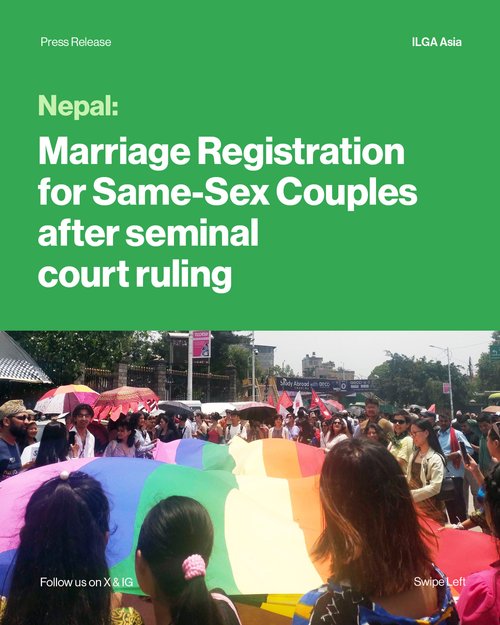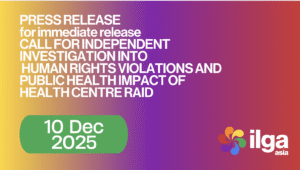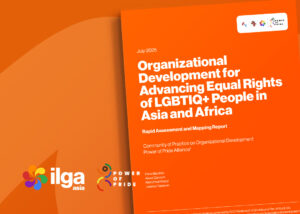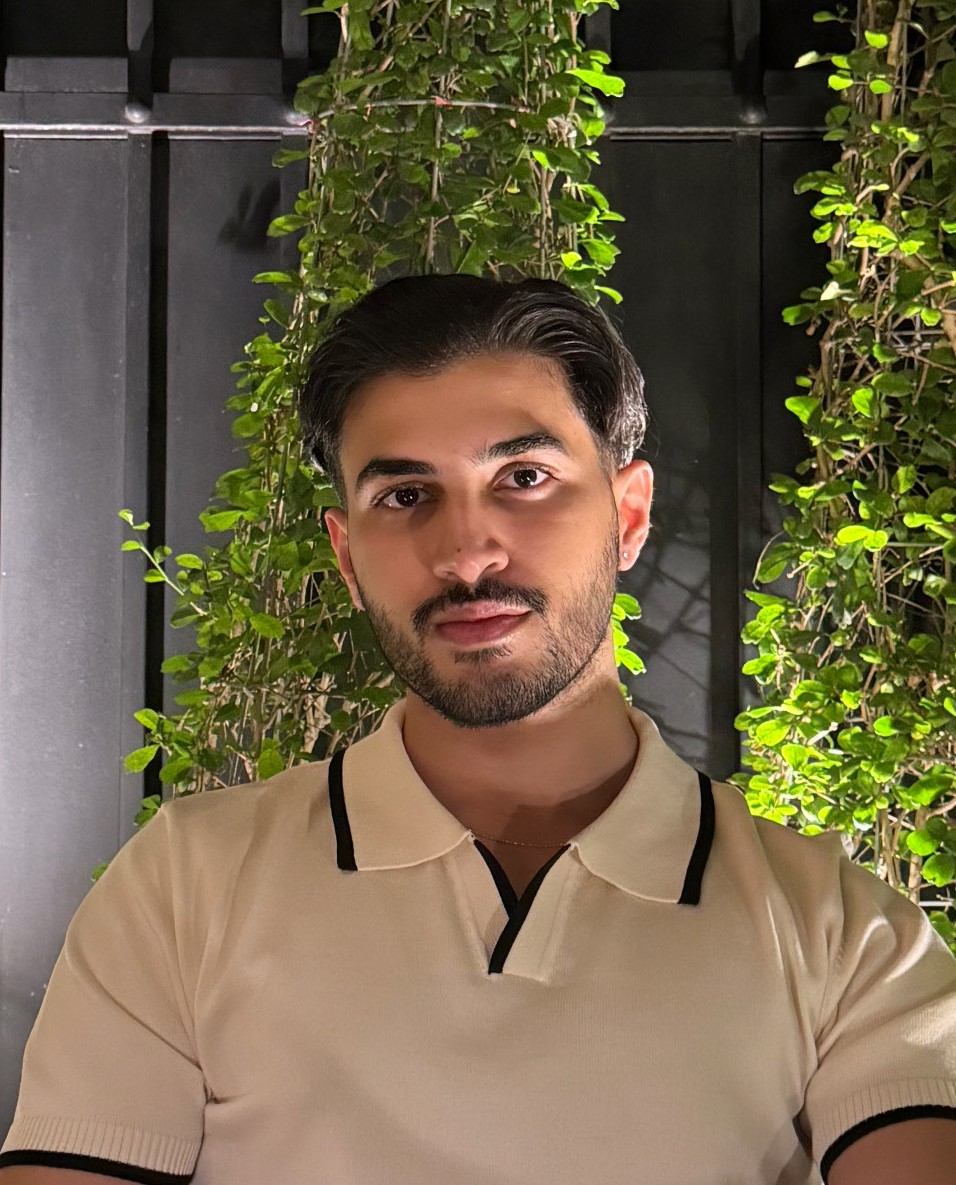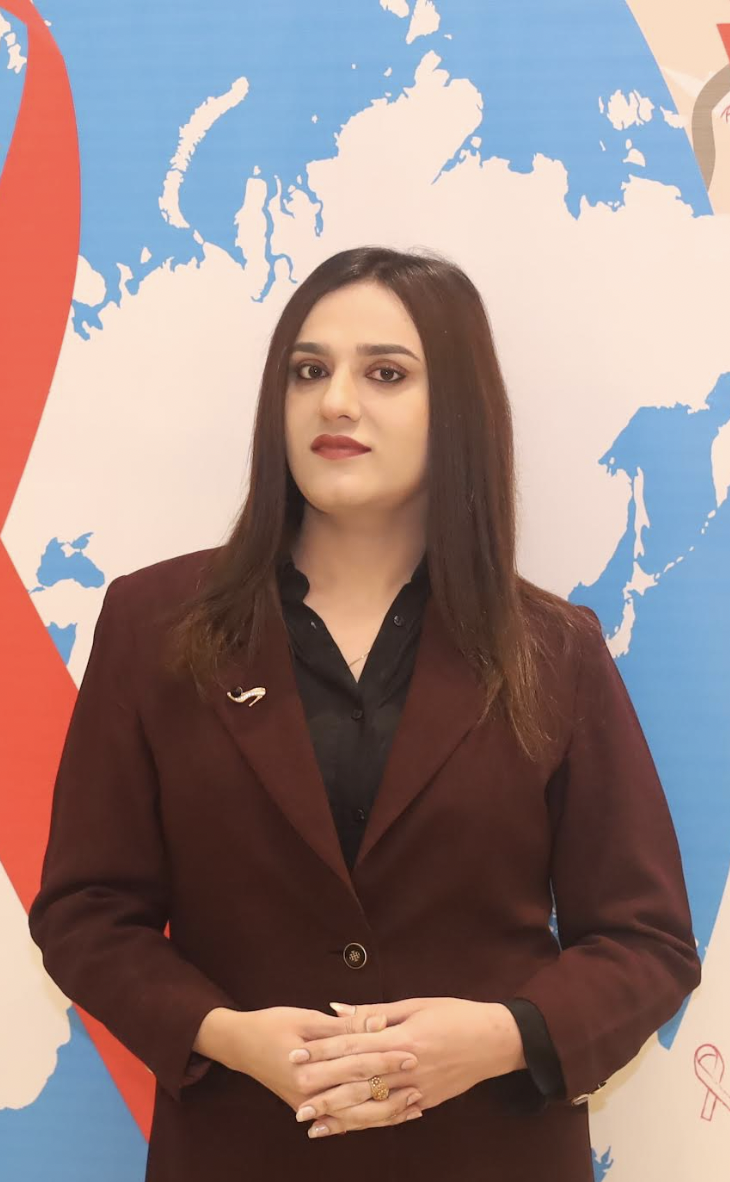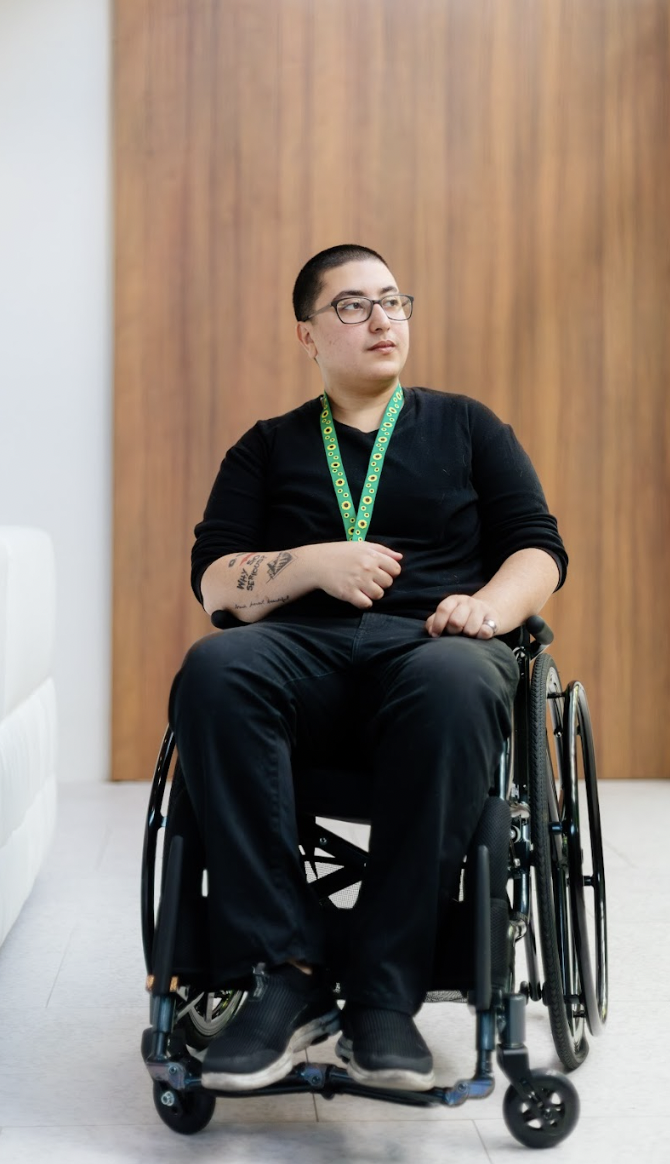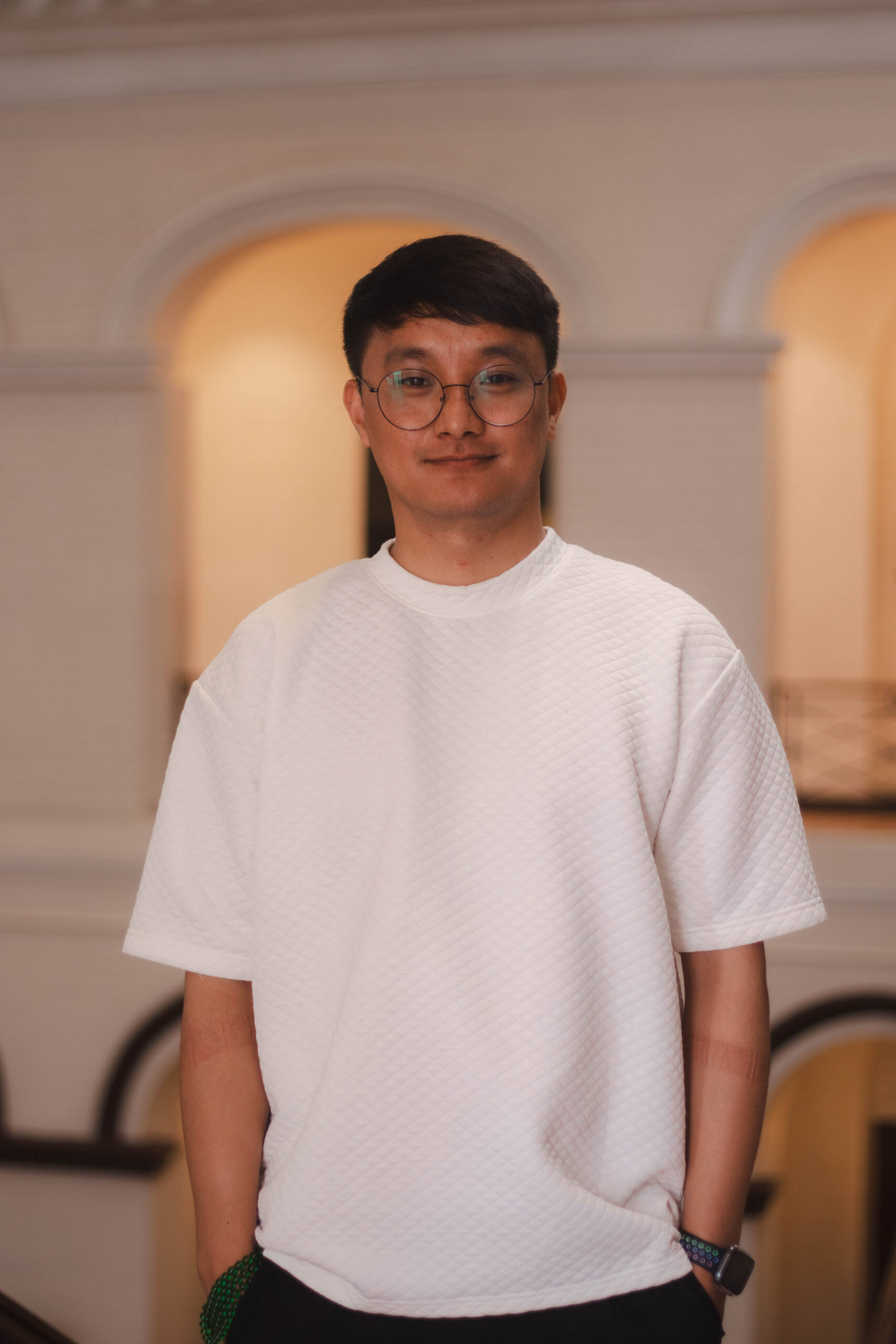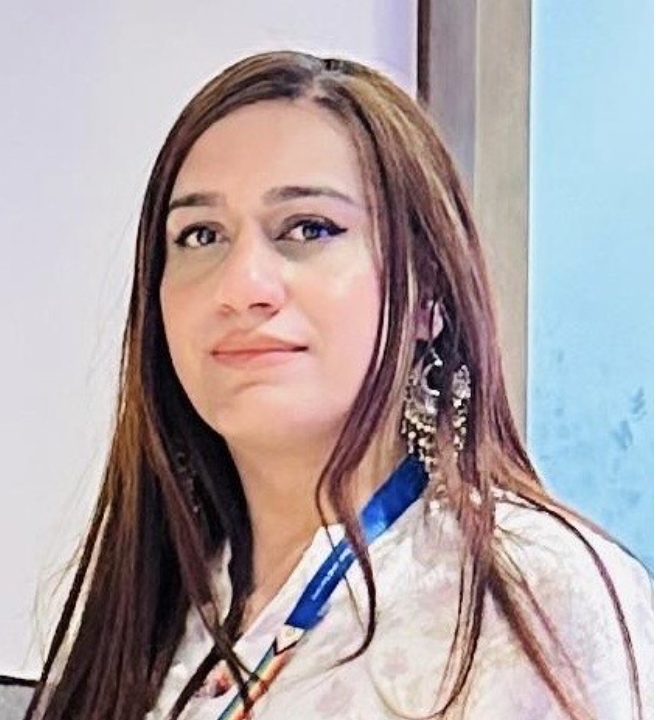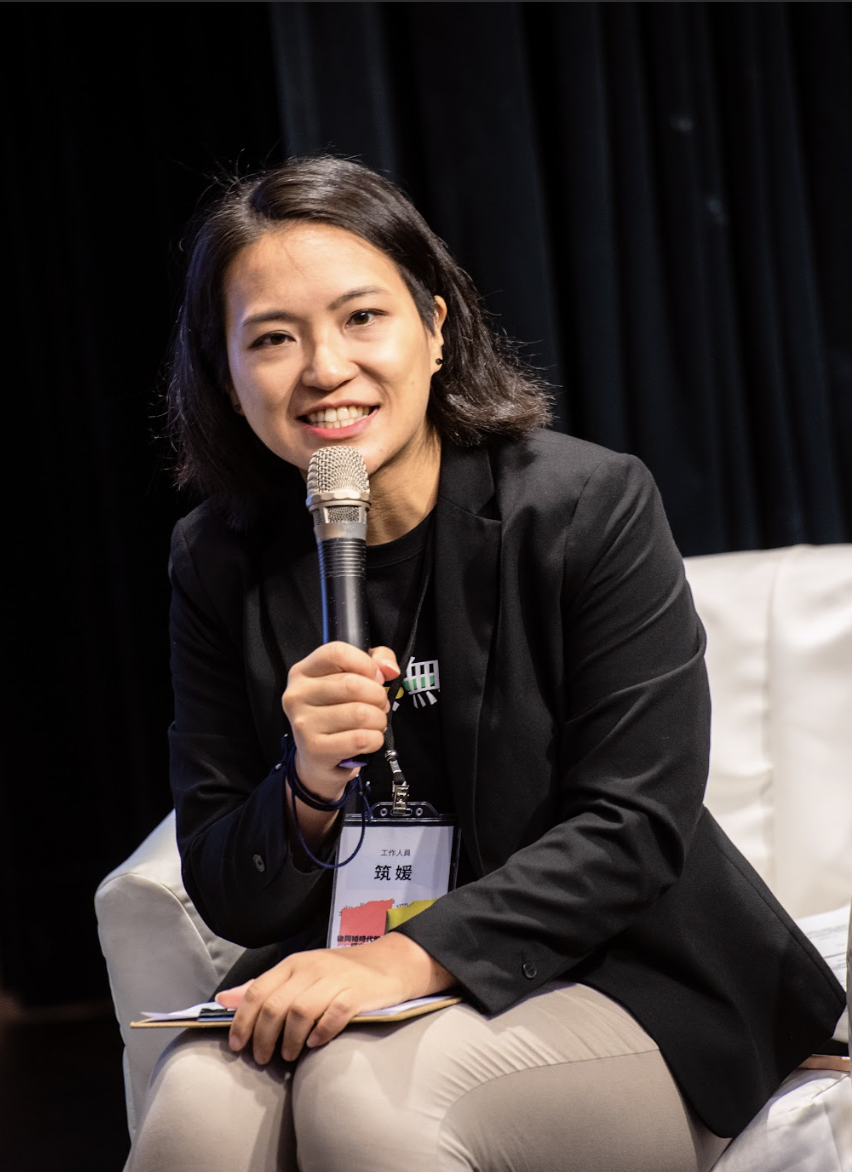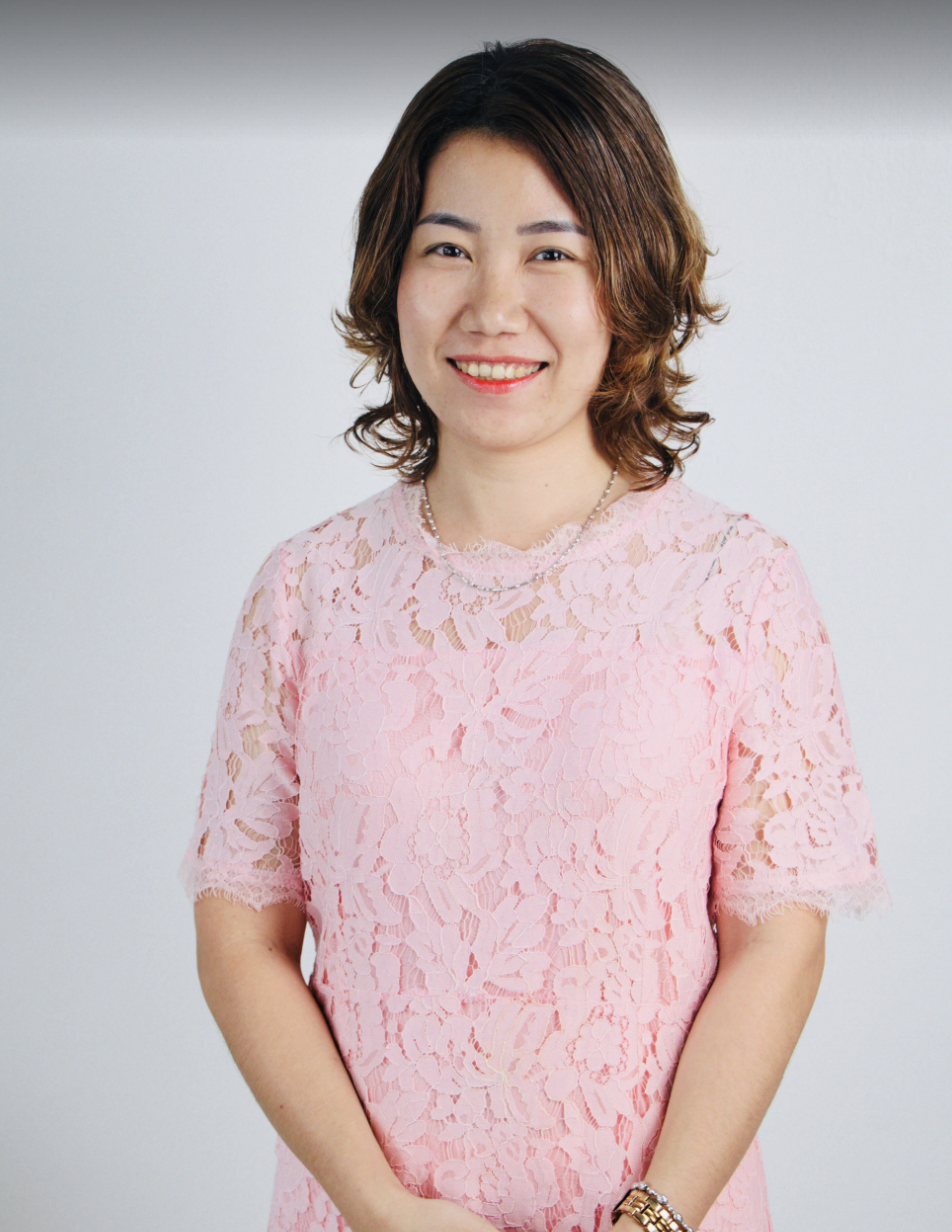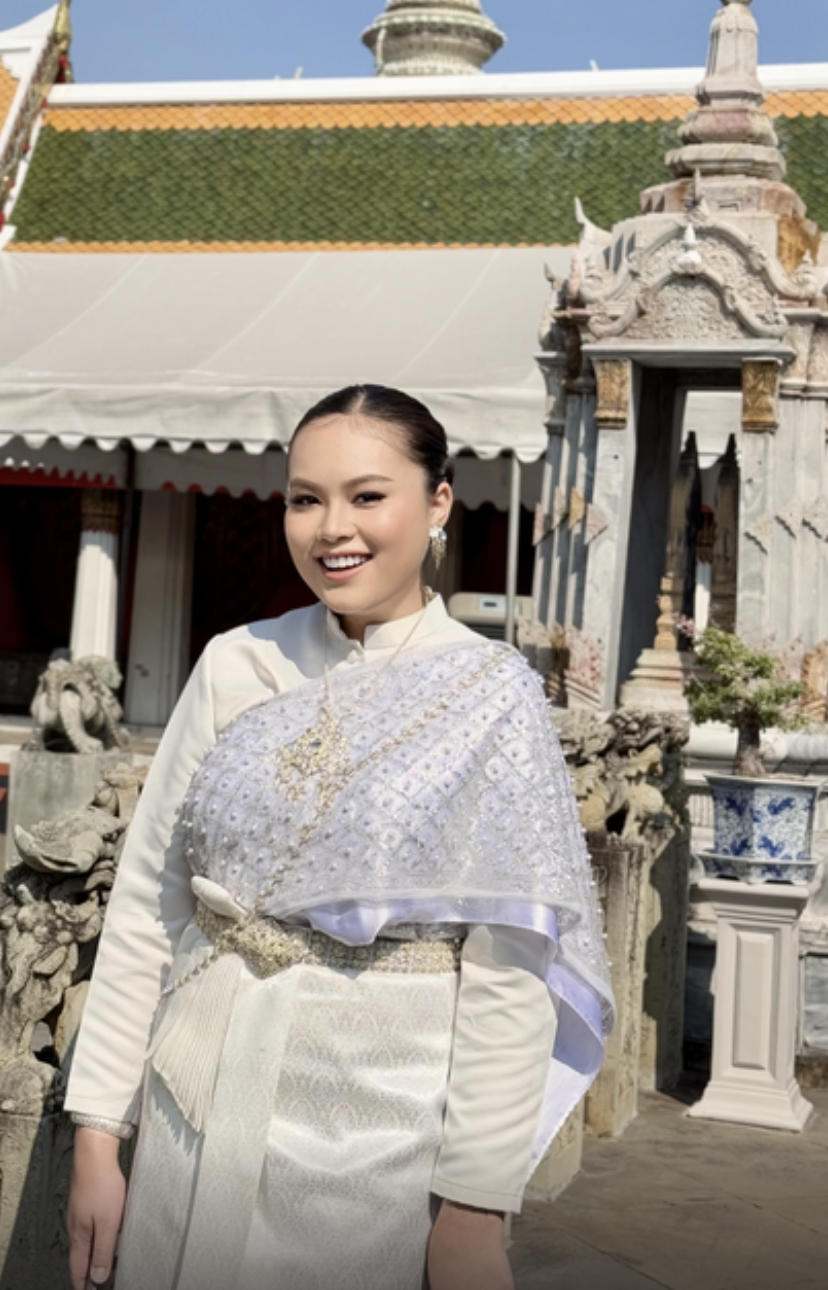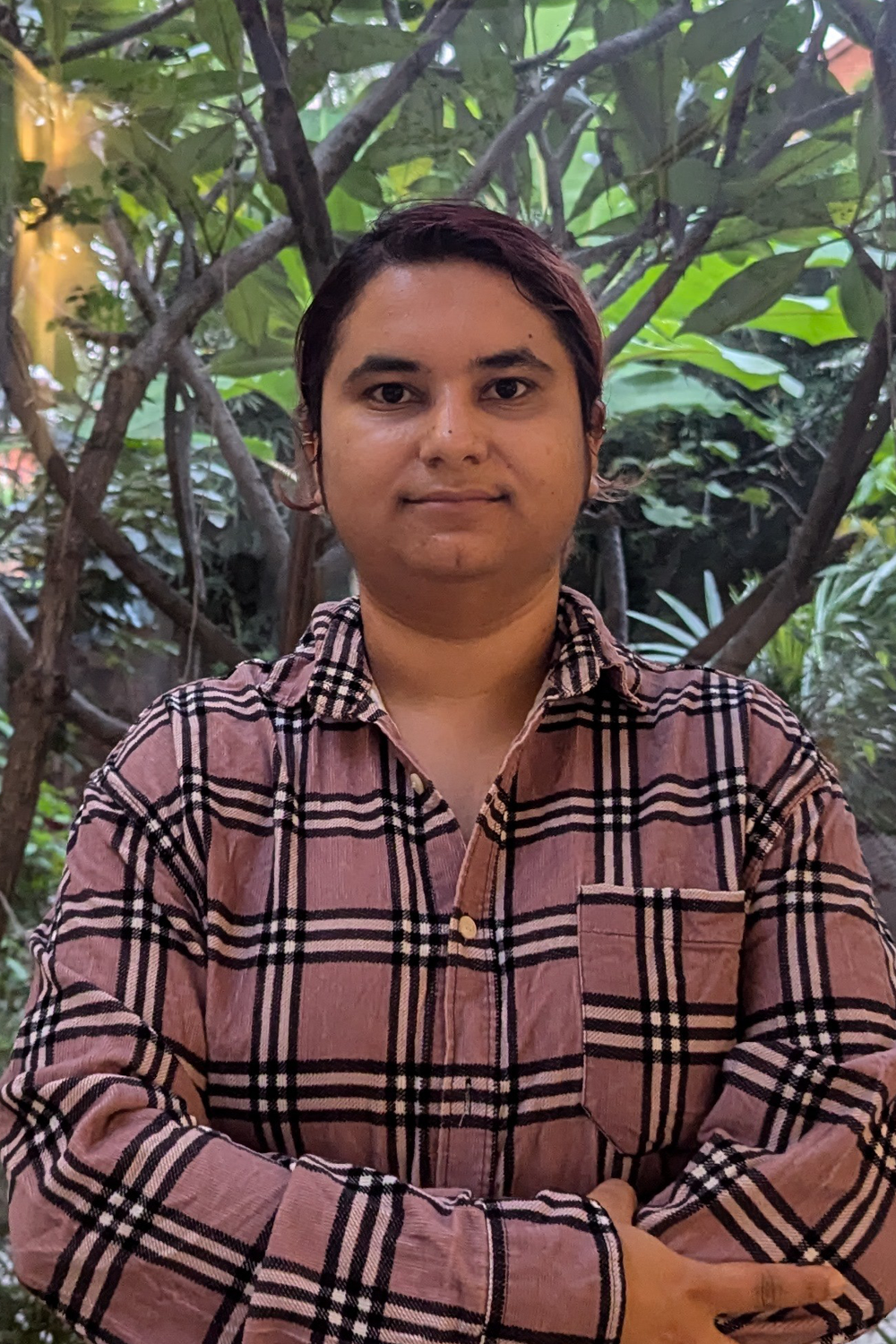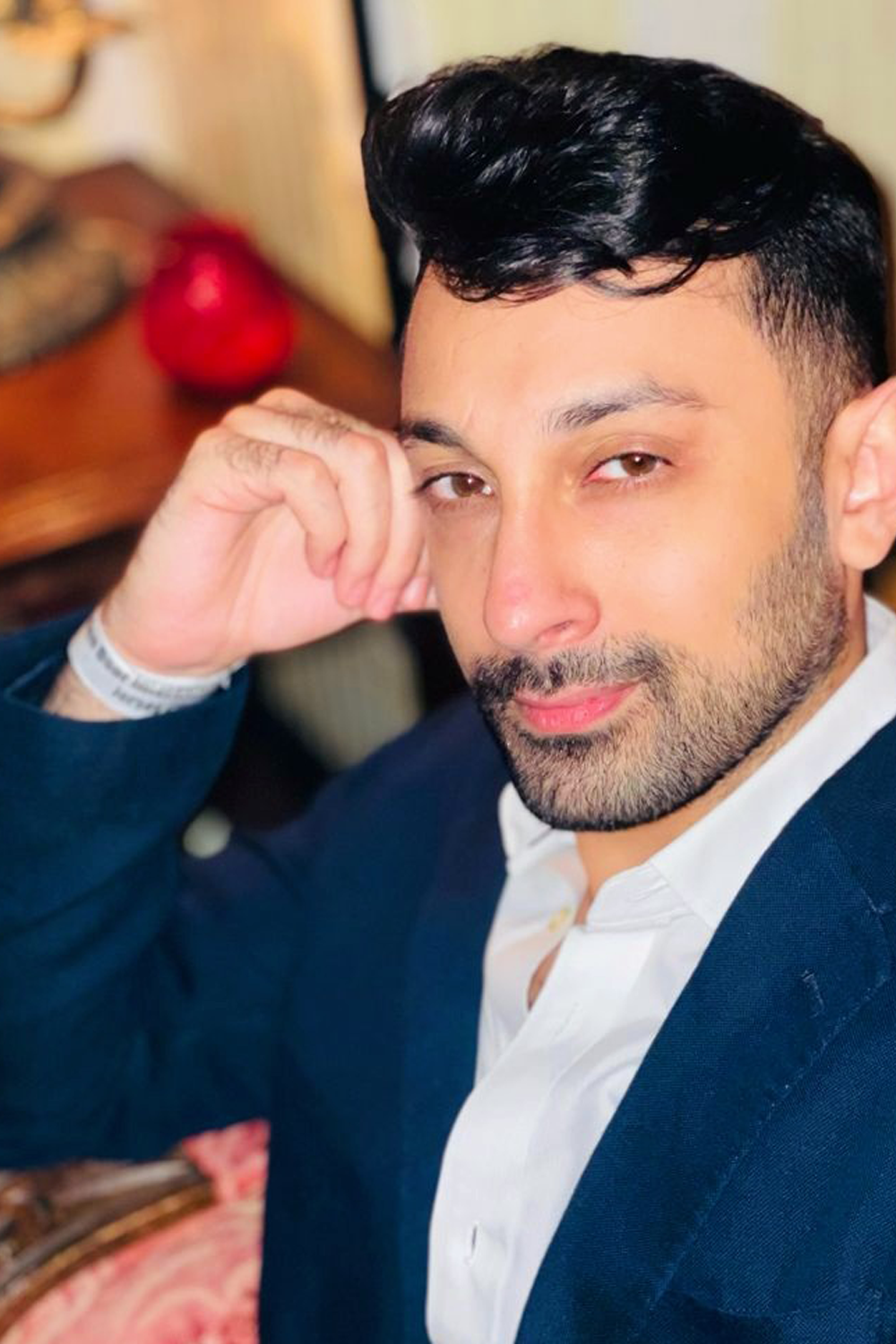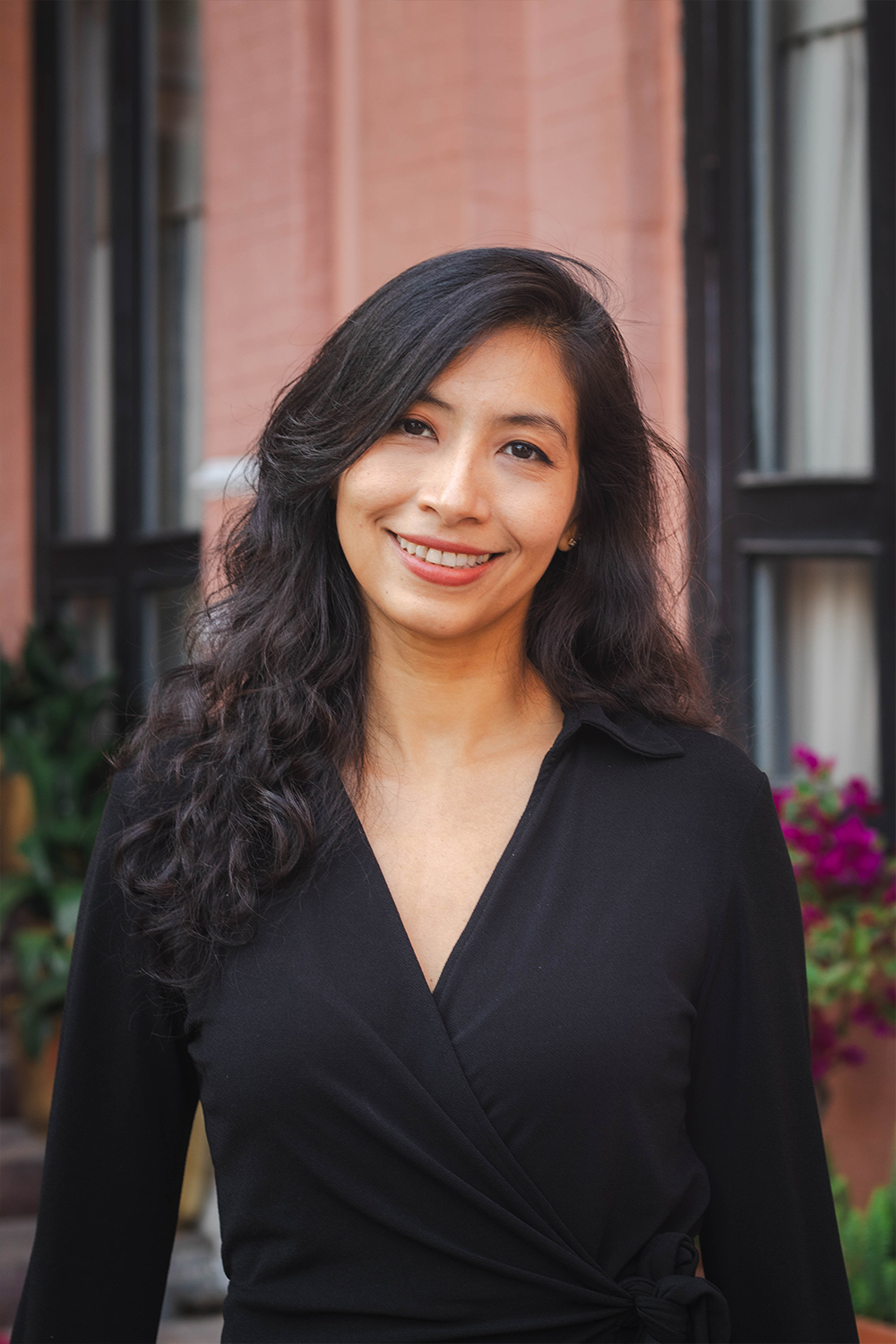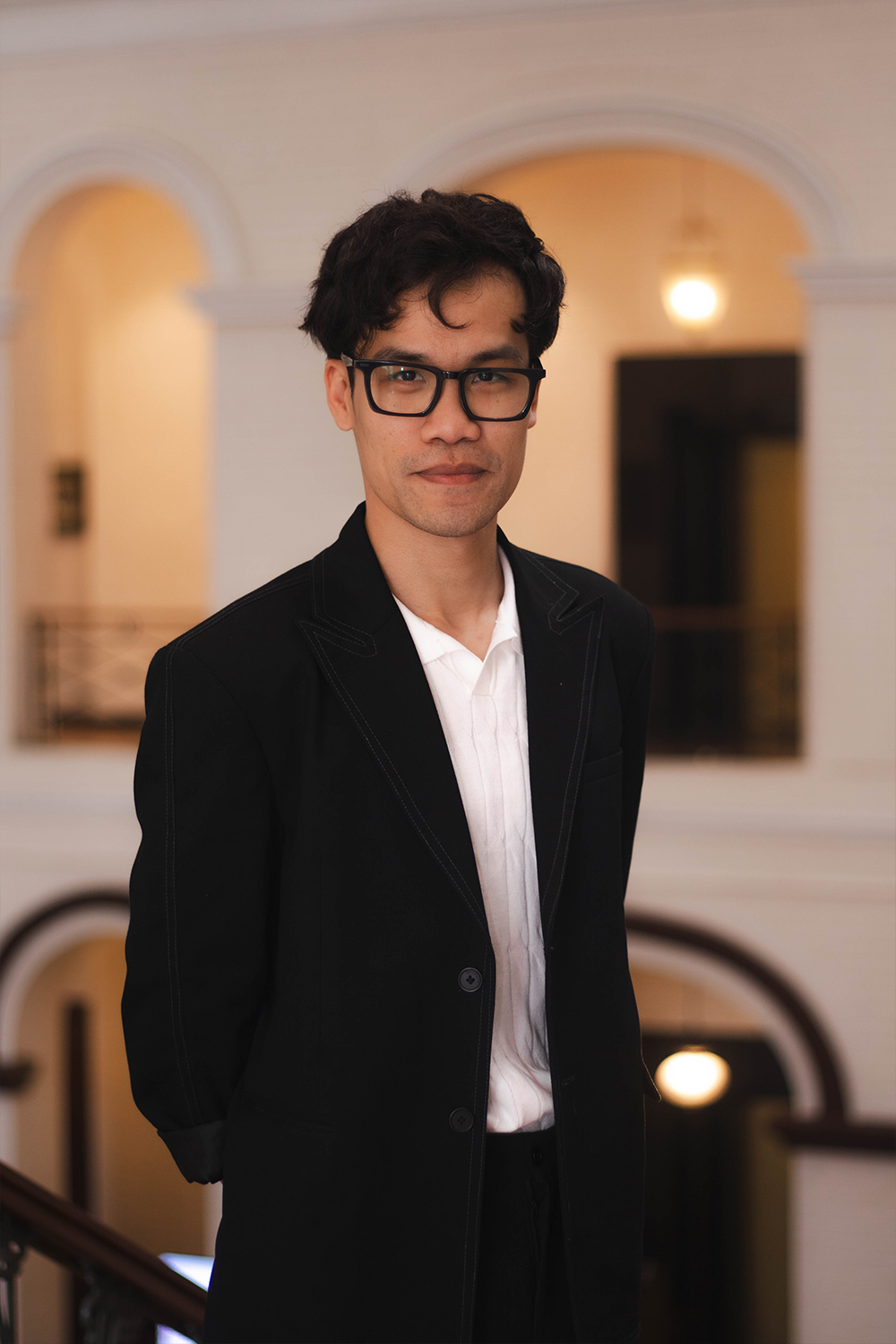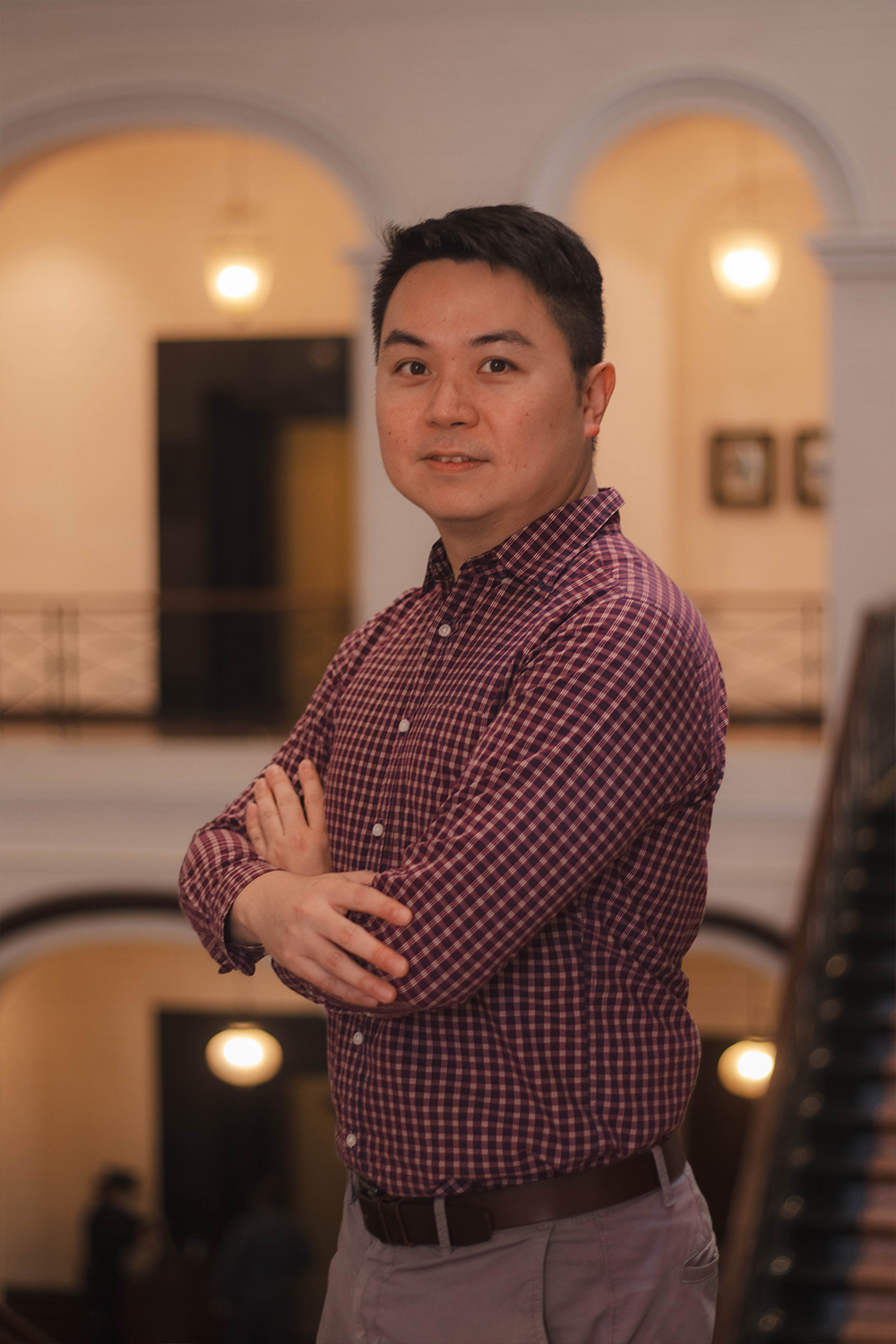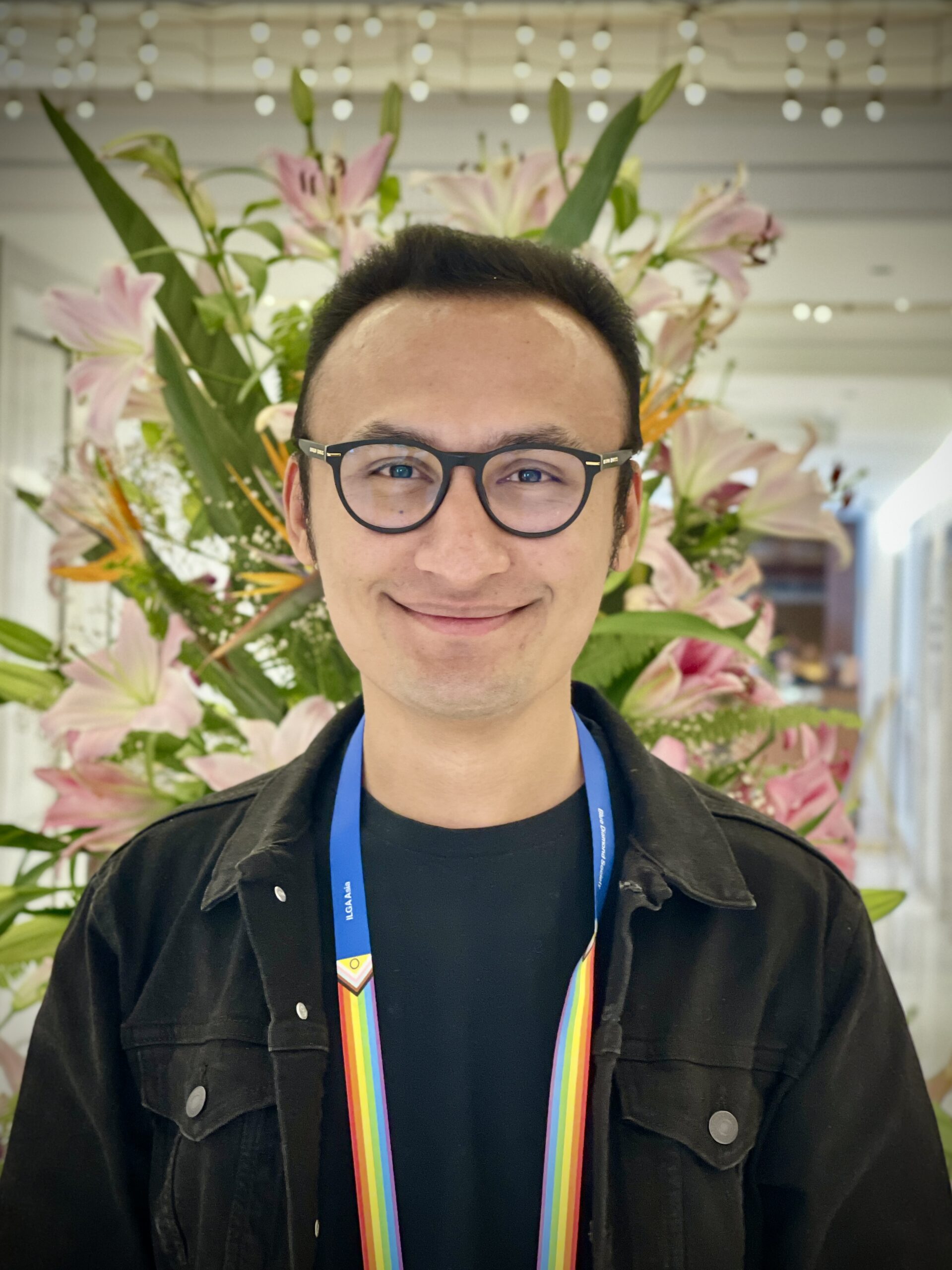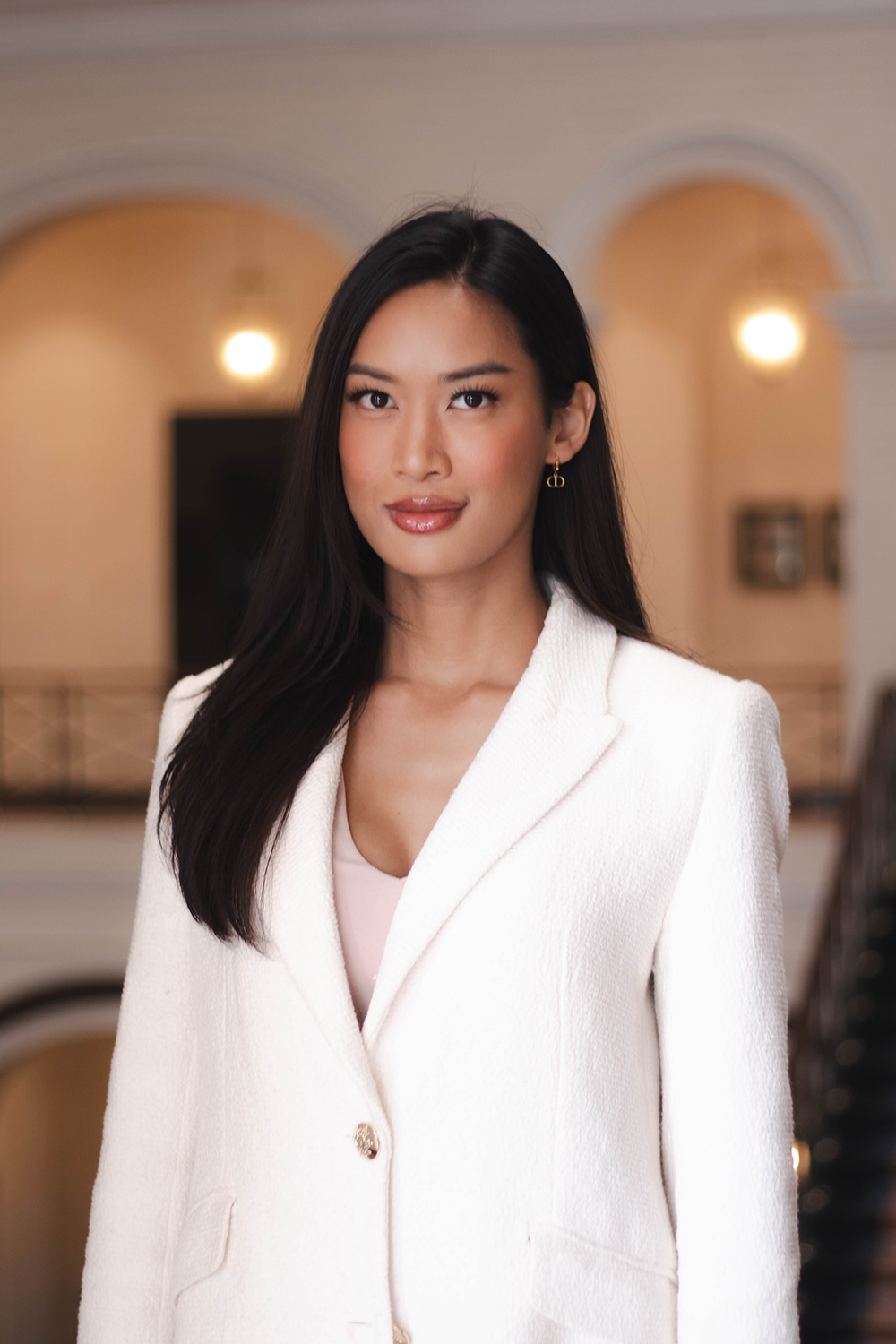On June 28, 2023, the Supreme Court of Nepal passed an interim order in the case of Pinky Gurung vs Government of Nepal, instructing the government to take measures to temporarily register marriages for same-sex couples, including individuals with “other” gender markers. Despite administrative and procedural hurdles thereafter, Surendra Pandey and Maya Gurung, a cis-man and a transwoman with her legal gender marker as male, became the first couple in Nepal to register their marriage on 29 November 2023. However, owing to the lack of a final binding judgment and corresponding legislative reforms, almost a year after this order, marriage equality in Nepal is still only almost realised.
The interim order follows decades of advocacy work and public interest litigation efforts that have made Nepal one of the most progressive countries in Asia for LGBTIQ rights. Nepal has legally recognized transgender persons and gender minorities since landmark ruling in Sunil Babu Pant vs Government of Nepal, 2007, following which the Supreme Court ordered the government to form a committee to make the legal framework more inclusive for sexual and gender minorities and review same-sex partnership laws in other countries. The committee submitted a report to the government in February 2015 recommending legalization of same-sex marriage. The national Civil Code adopted in 2017, however, still defines marriage as a union between a man and a woman.
Responding to the interim order, Pinky Gurung, president of Blue Diamond Society and the lead petitioner in the ongoing Supreme Court case, said, “We, all sexual and gender minorities of Nepal, welcome the Government’s steps in implementing the Supreme Court order through temporary marriage registration. However, it has not been able to fully and permanently establish equal marriage rights, due to which the rights of property, adoption and other marriage-related rights are yet to be entitled. Thus, we urge the Nepal government and our policymakers to amend the marriage law in our Civil Code to make the definition of marriage inclusive and ensure equality for everyone.”
In June 7, 2024, Pinky Gurung and others filed a lawsuit in the Supreme Court challenging the constitutionality of this definition of marriage in the Nepalese Civil Code, on the grounds that it violated the right to equality as gender and sexual minorities being explicitly protected as a disadvantaged group under Article 18 of the Constitution of Nepal. The interim order in this case has directed the government to take measures to establish a separate marriage register to temporarily register marriages of sexual minorities and “non-traditional” couples. Nepal had previously recognized marriages of same-sex couples performed abroad between a Nepali national and a foreign national in the Supreme Court judgments Adhip Pokharel & Tobias Volz vs Ministry of Home Affairs & Department of Immigration and Suman Panta vs Ministry of Home Affairs, this order further provides recourse for Nepali citizens.
The Court order, while widely celebrated, is still contentious among some institutions. When Maya Gurung, whose gender is marked as male in her legal documents, first went to register her marriage in the Kathmandu District Court in July 2023, it was rejected on the grounds she was not a (legal) woman as stipulated for marriage under the Civil Code; the court also said it was not explicitly identified as the implementing institution for same-sex marriage registrations in the Supreme Court order and thus had no responsibility to register. Their subsequent petition to the Patan High Court was also dismissed in October 2023, upholding Kathmandu District Court’s decision. Their marriage was finally registered in November 2023 at the local administration in Lamjung district, with a footnote as a temporary registration until state creates appropriate mechanisms; the same footnote is present in other same-sex marriages registered since. Further, a circular from the Ministry of Home Affairs dated April 27, 2024 directed all local administrations across the country to keep a temporary record of all same-sex marriages in their jurisdiction.
“Following Taiwan, Nepal is the second country in Asia to officially recognize, albeit with some limitations, non-heterosexual marriages. We welcome the recent judicial and legislative developments in Nepal and further urge the government to create appropriate legal and administrative measures to achieve full marriage equality for LGBTIQ citizens,” said Ajita Banerjie, Senior Research and Policy Officer, ILGA Asia.
Nepal was the first country in South Asia to legally recognize gender minorities in 2007 and to provide government IDs and passports under ‘other’ markers since 2013 and 2015, respectively. ILGA Asia applauds the Nepal government for their pioneering work on advancing LGBTIQ rights and urges them to provide a final binding judgment upholding non-discrimination and equal right to marriage for all. ILGA Asia also hopes for legislative and administrative reforms that will allow the couples who have temporarily registered their marriage to have full recognition and rights as the heterosexual couples.
